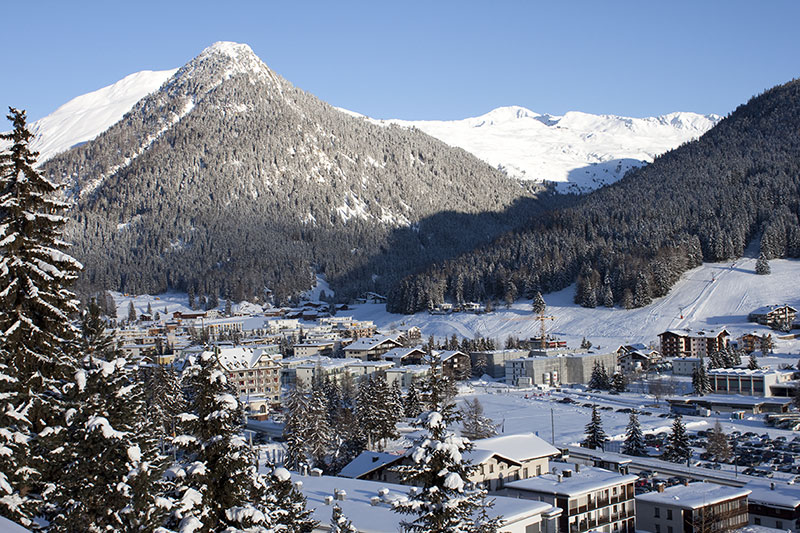#WeMeanIt Daily Dispatch: January 21
We Mean Business
SIGN UP to receive the #WeMeanIt Daily Dispatch >
CLIMATE AND ENERGY STORIES DIRECT FROM DAVOS.
Climate change is systemically disrupting the global economy. But we do not have to choose between fighting climate change or growing the world’s economy. Economic growth and action on climate change can now be achieved together. The New Climate Economy report made the economic case for taking climate action. And our The Climate Has Changed report illustrated that leading businesses are taking bold action – and are already reaping the benefits of doing so. Forward-thinking companies have seen an internal rate of return of 27% on their low-carbon investments. Taking action on climate and energy just makes good business sense – and that is a story that will be told over and over again here in Davos at this year’s World Economic Forum Annual Meeting.
WHAT’S HAPPENING TODAY
- The New Energy Context (World Economic Forum)
- What’s Next? A Climate for Action (World Economic Forum)
- Better Growth, Better Climate: The Challenge for 2015 (World Economic Forum)
- The Geo-Economics of Energy (World Economic Forum)
THE COLLABORATION GAME
The BCG/Sloan Management Review annual sustainability survey found that only 47% of companies are collaborating on sustainability—but 90% of respondents to the BCG/SMR survey believe that collaboration is needed for sustainability—highlighting the stark gap between ambition and action. What kind of collaboration can make a difference? Hear Dominic Waughray, Head of Public/Private Partnerships at the World Economic Forum, talk about how peer-to-peer conversations among business leaders led to significant commitments to sustainably source over 90% of global palm oil demand – over the course of just one year.
THE GLOBAL RISKS REPORT 2015
The World Economic Forum’s Global Risk 2015 report sounds a warning: “Past warnings of potential environmental catastrophes have begun to be borne out yet insufficient progress has been made –- as reflected in the high concerns about failure of climate-change adaptation and looming water crises in this year’s report.”
THE GREENING OF INVESTMENT
Clean energy investment jumped 16% in 2014, according to Bloomberg New Energy Finance in this Ceres brief. For good reason—forwarding-thinking companies are achieving 20+% internal rates of return on their own projects, according to our own research. Look for more capital to flow toward green projects in the future.
COMMUNICATING CLIMATE SCIENCE
“Very serious economic analyses have shown that we have alternative energy sources and that at a relatively modest cost – about 1 or 2% of global GDP – we could take measures to decrease the risk very significantly,” Professor Mario J. Molina told the World Economic Forum. Molina won a Nobel Prize in 1995 for his research on how man-made compounds affect the ozone layer, so he knows from whence he speaks. “In a recent report called ‘What We Know’ well-known climate scientists summarize the main scientific findings. What we haven’t done yet – and it is our next step – is to make a public communication campaign so that these findings are well communicated.”
IN THE NEWS
- “More than talking heads: why Davos matters,” by Dominic Waughray, Guardian Sustainable Business
- “Why Davos is so important in this fragmented and fragile economic backdrop,” The Telegraph
- “The Top Ideas About Climate Change From 2014’s World Economic Forum,” Huffington Post
QUOTES FROM THE DAY
- “Ours is the first generation that can end poverty, and the last that can take steps to avoid the worst impacts of climate change.” – Ban-Ki Moon, UN Secretary-Genera
- “With climate change, man has “slapped nature in the face.” – Pope Francis



